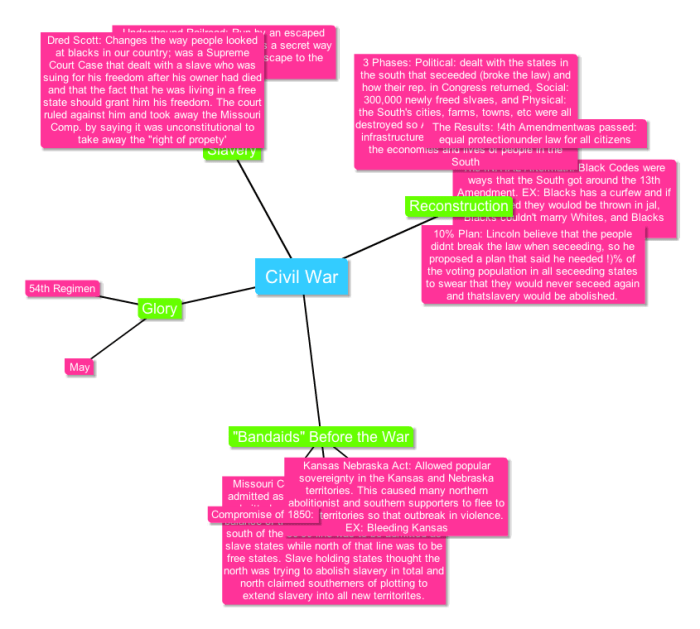Civil disobedience, a form of nonviolent resistance, has been a subject of ongoing debate and discussion. This essay aims to provide a comprehensive analysis of the pros and cons of civil disobedience, exploring its historical origins, various forms, potential benefits, drawbacks, ethical considerations, legal implications, and contemporary applications.
Definition of Civil Disobedience: Pros And Cons Of Civil Disobedience

Civil disobedience is a form of nonviolent protest in which individuals or groups deliberately violate laws or regulations to express their opposition to specific policies or practices. It is a form of political action that aims to bring about social or political change.Civil
disobedience has a long history, dating back to ancient Greece. Some notable examples include the Boston Tea Party in the American Revolution and the Salt March in India led by Mahatma Gandhi.
Forms of Civil Disobedience
Civil disobedience can take various forms, each with its own methods and objectives. Some common forms include:
- Nonviolent protests:This involves public demonstrations, marches, and sit-ins to express dissent and raise awareness about a particular issue.
- Boycotts:Refusing to buy or use goods or services from a particular organization or government as a form of protest.
- Civil strikes:Workers or entire communities engage in strikes or work stoppages to disrupt business or government operations.
- Symbolic acts:These are symbolic actions, such as burning flags or occupying buildings, to convey a message of protest.
Pros of Civil Disobedience, Pros and cons of civil disobedience
Civil disobedience can have several potential benefits:
- Promotes social change:Civil disobedience can draw attention to important issues and put pressure on decision-makers to address them.
- Protects individual rights:It can be a means of protecting individual rights and freedoms that are being threatened or violated.
- Raises awareness:Civil disobedience can raise public awareness about important issues and foster dialogue and debate.
- Empowers citizens:It can empower citizens to participate in the political process and hold their leaders accountable.
Cons of Civil Disobedience
While civil disobedience can be a powerful tool for change, it also has potential drawbacks:
- Disruption of public order:Civil disobedience can disrupt public order and cause inconvenience or harm to others.
- Risk of violence:In some cases, civil disobedience can escalate into violence, putting participants and others at risk.
- Erosion of rule of law:Repeated or widespread civil disobedience can undermine the rule of law and lead to a loss of respect for authority.
- Legal consequences:Participants in civil disobedience often face legal consequences, such as fines, imprisonment, or other penalties.
Questions Often Asked
What is the definition of civil disobedience?
Civil disobedience refers to the intentional and nonviolent violation of laws or regulations as a form of protest or to bring about social or political change.
What are the potential benefits of civil disobedience?
Civil disobedience can raise awareness about important issues, mobilize public support, challenge unjust laws, and promote social change.
What are the potential drawbacks of civil disobedience?
Civil disobedience can disrupt public order, lead to arrests and legal consequences, and potentially escalate into violence.
What are the ethical considerations surrounding civil disobedience?
Civil disobedience raises ethical questions about the tension between individual conscience and societal responsibilities, the limits of legitimate protest, and the potential consequences of breaking the law.

